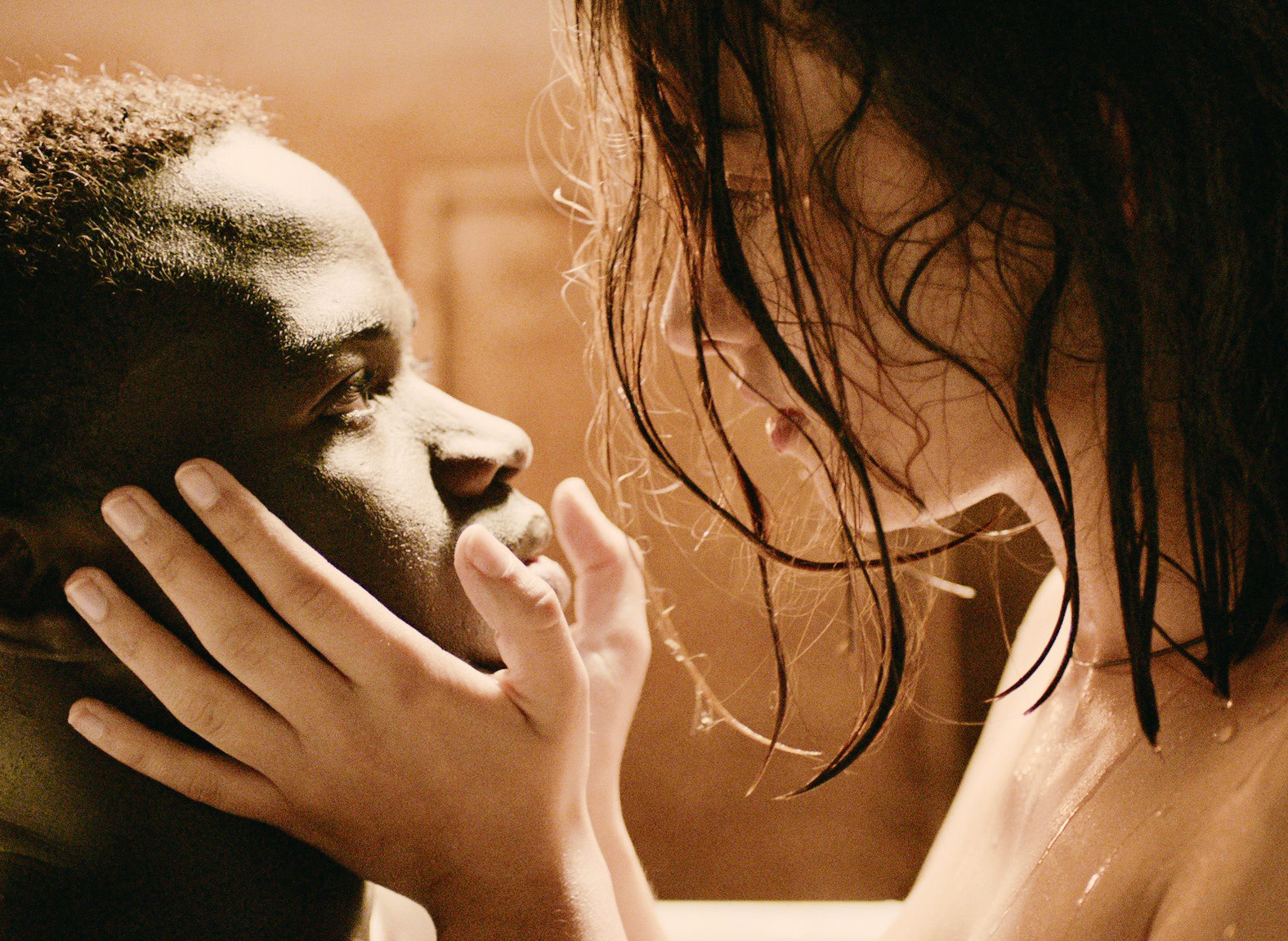Weaving a tale of two unfortunate and uniquely intertwined lives, Laura Luchetti teams up with Giuseppe Gallo again after their 2018 stop-motion project Bagni for Twin Flower (Fiore Gemello), the Honourable Mention winner from 2018’s Toronto International Film Festival, that is a beautiful and dark study in resilience and companionship in the face of adversity.
Written and directed by Luchetti, Twin Flower is set in the harshly beautiful Sardinia and follows the young adults Basim (Kalill Kone) and Anna (Anastasyia Bogach) as they form an unlikely bond while attempting to escape from their hardships. Anna, the daughter of a human trafficker, is desperately trying to outrun her father’s former boss while Basim, an illegal migrant from the Ivory Coast, is just trying to survive.
Through a fragmented storyline that begins with the kind of punch that instantly grabs your attention, Luchetti’s protagonists converge through a chance encounter and band together in an attempt to regain the innocence that the world took from them. In doing so, Anna and Basim’s relationship becomes symbiotic; as the only citizen of the pair, Anna works to fill their pockets while Basim establishes a home for them both to settle into. The two begin to depend on each other, not only for survival but for comfort and companionship.
Bogach’s portrayal of Anna as a strong and silent force is utterly impressive, drawing in the audience with the ease of some of Hollywood’s up-and-comers. Anna’s strength and integrity as a woman who refuses to bow to the pressure of dangerous men, is able to shine through with a quiet expressiveness that is equally sweet and empowering. As her story unfolds the audience is not only left feeling empathetic but proud of this brave young woman.
In contrast to Anna’s quiet strength is Basim’s brighter, persistent attitude played to perfection by Kone. Left alone in an environment whose people can be as rough as its landscape, Basim navigates through racism and xenophobia as he tries over and over to find work and stability, while maintaining a fine veneer of positivity that eventually begins to strain. Very little is known about Basim, but his story is less about his past and more about his connection with Anna. Through his forced optimism he provides support, compassion, and protection, which is then paid back in kind by Anna as she regains her emotional security.
Bolstered by a small but impressive supporting cast, Luchetti highlights both the negative and positive sides of humanity through human trafficker Manfredi (Aniello Arena) and florist (Giorgio Colangeli). A formidable adversary, Manfredi uses his animalistic drive to track Anna across the southern island, giving Luchetti’s film a slightly suffocating feel as we are constantly left wondering if or when he will catch up to our heroes. His specific flavour of misogyny will feel terrifyingly familiar to many modern women as Manfredi provides an outlet to a sinister yet often overlooked corner of society: the men who feel they are entitled to everything they desire. In stark contrast, the florist is a refuge to the audience and shines a warm guiding light within the dark hour.
At all times engaging, even when the uneven timeline casts us into a brief confusion, Twin Flower is a powerful and sensitive voice for the masses of disadvantaged youth and young adults who rely on those of us with privilege to guide them through their struggles.
Catch the Australian premiere of Luchetti’s Twin Flower this month at the Lavazza Italian Film Festival.
